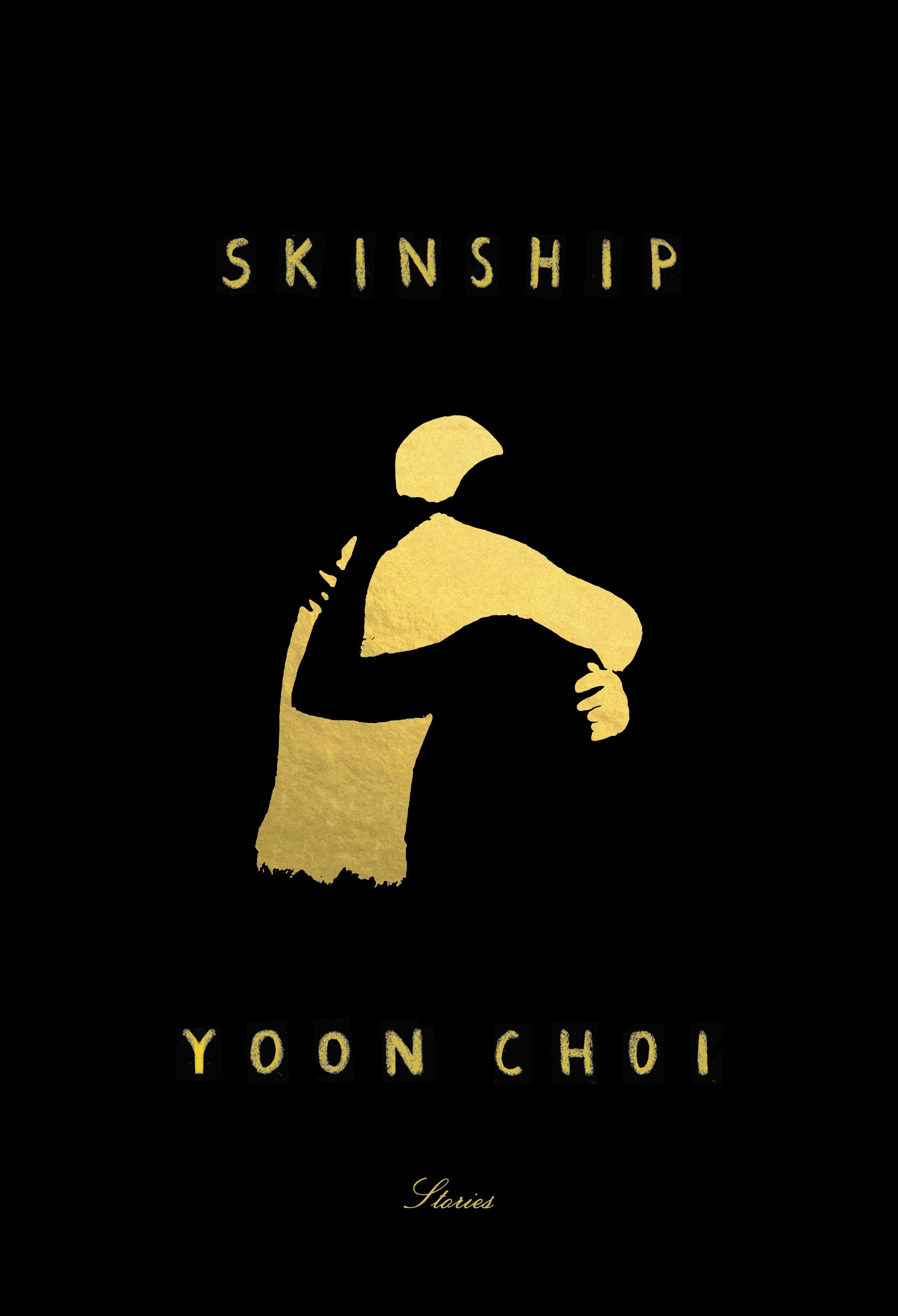Review: Examining Korean American duality in 'Skinship'
Yoon Choi’s fictional debut, “Skinship,” provides a snapshot of various Korean American experiences

Your support helps us to tell the story
From reproductive rights to climate change to Big Tech, The Independent is on the ground when the story is developing. Whether it's investigating the financials of Elon Musk's pro-Trump PAC or producing our latest documentary, 'The A Word', which shines a light on the American women fighting for reproductive rights, we know how important it is to parse out the facts from the messaging.
At such a critical moment in US history, we need reporters on the ground. Your donation allows us to keep sending journalists to speak to both sides of the story.
The Independent is trusted by Americans across the entire political spectrum. And unlike many other quality news outlets, we choose not to lock Americans out of our reporting and analysis with paywalls. We believe quality journalism should be available to everyone, paid for by those who can afford it.
Your support makes all the difference.“Skinship” by Yoon Choi (Alfred A. Knopf)
With fine attention to detail, Yoon Choi’s fictional debut “Skinship” welcomes readers into the lives of immigrant and first-generation Korean Americans
The collection of short stories examines characters of various circumstances. From a school-aged student making her first friend in America to an autistic piano teacher, each chapter is a different take on how life, culture and language interact as characters navigate unfamiliar places.
Choi opens with a piece on disillusionment and longing. Readers follow a young Soo as she reunites with her husband, Jae, in New Jersey after several years apart. Soo remained in Korea as Jae attempted to forge a better life for the couple in the new country. Soo’s excitement fades on a long car ride from the airport to a run-down convenience store — “Our store,” Jae tells her. An older Soo later wonders about the life she would have had if she had chosen to stay in Korea and marry someone other than Jae.
Each chapter takes on a distinct voice and perspective, highlighting the intimacies perhaps known only by those who straddle the fence of two worlds. Through Sae-Ri, a mother who leaves her son in Korea for an arranged marriage to an American Choi brings into focus the clashes between the ways of Sae-Ri’s home country and the new one she finds herself living in. These differences become more distinct after she reveals the truth of her son to her American family. The chapter, told mostly through Sae-Ri’s imperfect English, includes her observations of how love and marriage seem to mean different things and are performed in different ways in each place.
Choi’s writing closely details the emotions and inner lives of her characters; they feel real in a way that rings true, even when the truth is a little ugly. Choi does not shy away from depicting the colorism deeply rooted in Korean culture; the sometimes willful refusal to acknowledge problems; and the heavy emphasis on saving face and avoiding shame.
Her collection is a fresh take on the experience of newcomers to America — stories of love, disappointment and sacrifice.